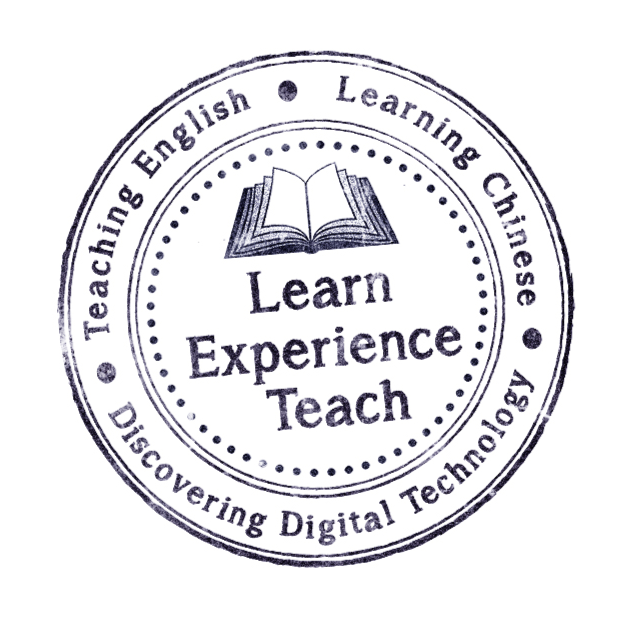http://www.youtube.com/watch?v=KeJZwrrRFQU?feature=oembed&w=500&h=281
This week we watched an interview with Kathryn Murphy-Judy of Virginia Commonwealth University.
Kathryn’s Bio
Kathryn Murphy-Judy holds the MA from Colorado State University and a Ph.D. in French from the University of Minnesota.
Throughout her forty year career as a language educator, she has worked in technology-enhanced language learning (TELL), from reel to reel tapes and video to standalone multimedia to today’s social media and distance learning. She has created, produced and written a wide variety of TELL and Teacher Training in CALL and TELL. She most recently created the VCU online program for first and second year French. She and 30 other designer/developers of basic online language learning participate in the BOLDD Collaboratory.
What I learnt from this interview
Kathryn makes many interesting comments about how technology is pushing the boundaries of social interactivity. The internet allows users to not only consume, but also to produce information and/or images. For example, through a blog or website. She also talks about exciting developments in technology for interactivity (in technology and teaching). She believes that augmented reality, 3D worlds and holographs could lead us to “truly ubiquitous and simultaneous on-demand learning and information”. Her example is of someone visiting the Louvre, in Paris. This person’s friend can not physically join the outing, but, by using augmented reality glasses, can share the same experience with her friend.
Kathryn does not believe that online learning will completely replace traditional face-to-face learning. Human beings thrive on contact with others, so the human factor/touch, will always remain important. Computers and the internet allows us choice – and empowers us to be autonomous learners.
Kathryn also also comments on the Instreamia platform, and the fact that you can use one music video for multiple language learning purposes. For example, you can listen to it in order to practice specific vocabulary. And then you can listen again and then focus on pronunciation, etc. This repetition and recycling of content is very important in the language acquisition process. This reminds me of my CELTA training, in which we are encouraged to use one source material, a newspaper article, for example, to practice using the target language in as many ways as possible. For example, we can use the article to learn a specific group of words (the weather, sport, etc.), to focus on a grammar point, introduce idiomatic phrases, start a debate etc. etc. Similarly, you can create tasks that practice using all 4 skills (speaking, writing, listening and reading) based on that single newspaper article, in order to provide a thorough and comprehensive lesson.
Kathryn gives her thoughts on the use of high frequency words in language learning. She thinks that learning high frequency words is important. However, at the beginner level, she believes functional language is more useful. I totally agree with this point, and, in relation to my Chinese language studies, feel that the HSK (official Chinese Language Proficiency test) at the lower levels is overly weighted with high frequency words. This means that I am still not very good at giving or receiving directions, and can hardly name an item in my shopping basket.
